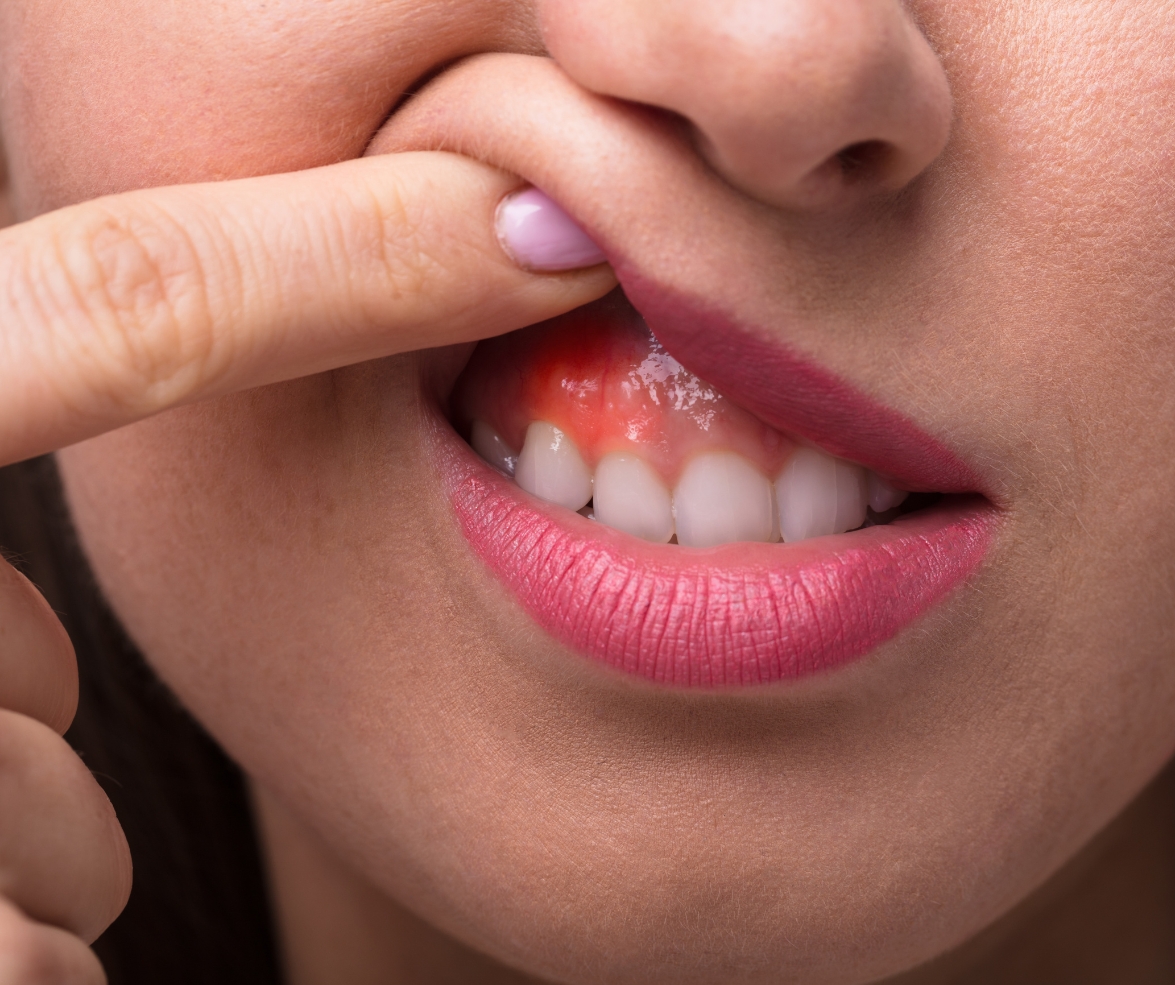Blog Page & News Articles
What is gum disease (Periodontitis)?
Author: Dr Behnam Aminnejad. Posted: 20.12.23
Periodontitis is a severe form of gum disease that affects the supporting structures of the teeth, including the gums, ligaments, and bone. It is characterized by inflammation and infection that can lead to progressive damage and, if left untreated, tooth loss. Periodontitis is typically preceded by a less severe form of gum disease called gingivitis.
Key Features and Stages of Periodontitis:
- Gingivitis: Gingivitis is the initial stage of gum disease. It involves inflammation of the gums caused by the accumulation of plaque—a sticky film of bacteria—on the teeth. Gingivitis is often characterized by red, swollen gums that may bleed during brushing or flossing. At this stage, the damage is usually reversible with proper oral hygiene and professional dental cleanings.
- Periodontitis: If gingivitis is not treated, it can progress to periodontitis. In periodontitis, the inflammation extends below the gum line, causing pockets to form between the teeth and gums. Plaque and bacteria can accumulate in these pockets, leading to further damage. The body's immune system responds to the infection, and the ongoing inflammation can damage the connective tissues and bone supporting the teeth.
- Symptoms: Symptoms of periodontitis include persistent bad breath, gum recession, tooth sensitivity, loose teeth, changes in the way teeth fit together when biting, and the formation of pus around the teeth and gums.
- Types of Periodontitis: There are different forms of periodontitis, including chronic periodontitis (which progresses slowly over time) and aggressive periodontitis (which progresses more rapidly). Necrotizing periodontal disease is a severe form that involves tissue death in the periodontal ligament, gingival tissues, and alveolar bone.
- Risk Factors: Factors that increase the risk of developing periodontitis include poor oral hygiene, smoking, diabetes, hormonal changes (such as those related to pregnancy or menopause), certain medications, and a genetic predisposition.
- Treatment: The primary goal of treating periodontitis is to control the infection, halt the progression of the disease, and restore supportive tissues. Treatment may include professional dental cleanings, scaling and root planing (a deep cleaning to remove plaque and tartar from below the gum line), and, in severe cases, surgical procedures. Ongoing maintenance through regular dental check-ups and good oral hygiene practices is crucial to manage and prevent the recurrence of periodontitis.
In Summary
Early detection and intervention are essential for the successful management of periodontitis. Regular dental visits, proper oral hygiene practices, and lifestyle changes can contribute to the prevention of gum disease and its progression to more severe stages.
If you would like more advice or would like to make appointment, please telephone the practice during open times: 01248 370054
Read more of Dr Behnam Aminnejad's dental care articles and tips: Back to Blog

Why Choose Us?
- Master's degree in Endodontic (Root canal treatment)
- Almost 30 years experience
- All dental treatments are individually tailored to your specific needs
